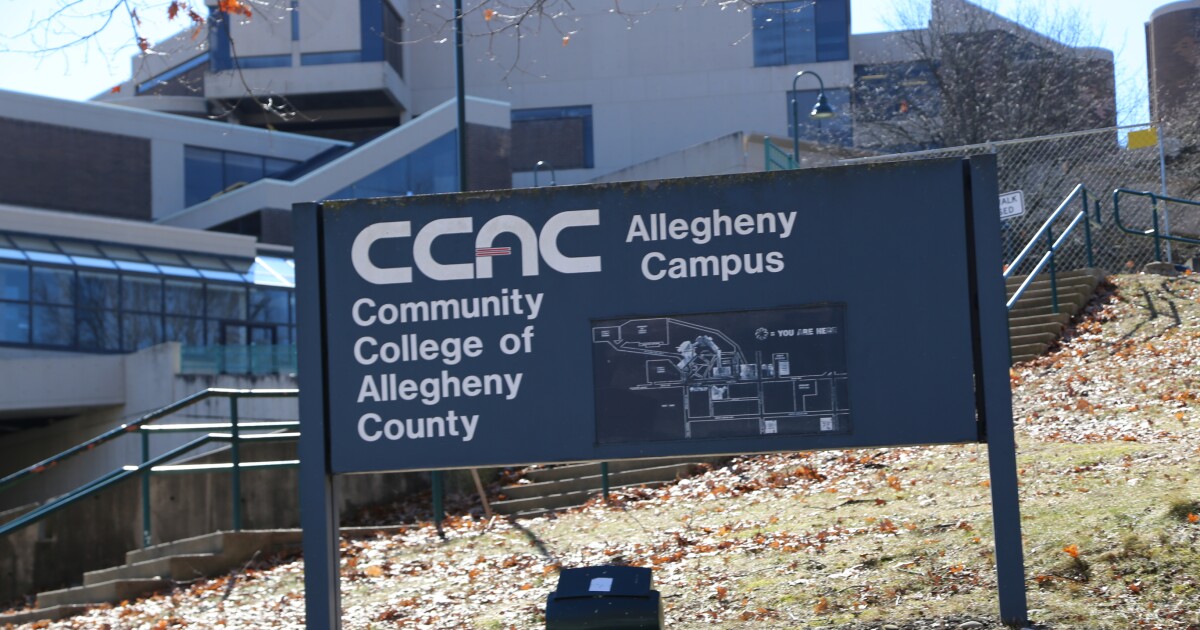Education affordability advocates are concerned about changes to student loan and grant programs in the federal budget bill.
The version of the spending plan that passed the U.S. House last month would have created borrowing limits for federal student loans, penalized schools for students’ unpaid loans and cut Pell Grant eligibility, among other changes.
Pell Grants are awarded to low income undergraduate students and don’t have to be paid back. The maximum award for the last school year was $7,395.
More than 5,300 students at the University of Pittsburgh received Pell Grants for the 2023-24 academic year, according to data from the U.S. Department of Education. That’s just over one quarter of all undergraduates that year.
At the Community College of Allegheny County, 4,300 students relied on Pell Grants in 2023-24, about 40%.
The House bill would have increased the amount of credits eligible students would need to take each semester from 12 to 15 and cut off access for students taking less than 7.5 credits per semester.
The nonpartisan Congressional Budget Office estimated that change would cause more than half of students currently enrolled to get smaller grants.
The Senate Committee on Health, Education, Labor and Pensions last week rejected those cuts, but kept a provision that would open up Pell eligibility to students in short term, unaccredited programs.
The Institute for College Access and Success said unaccredited courses will not pay off for students, and opening up Pell eligibility to them threatens the program’s long-term stability.
It’s unclear if the House will push back on the Senate’s changes.
Lawmakers are hoping to send the package to President Donald Trump by July 4.







